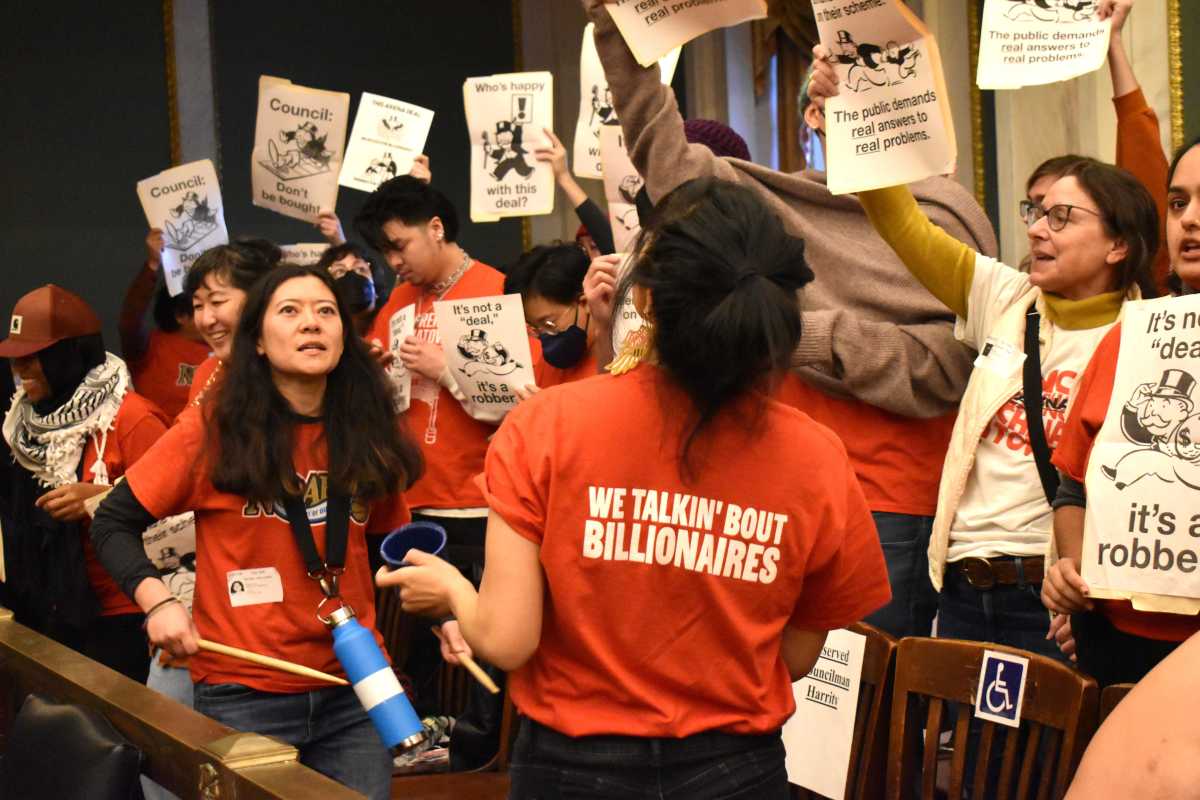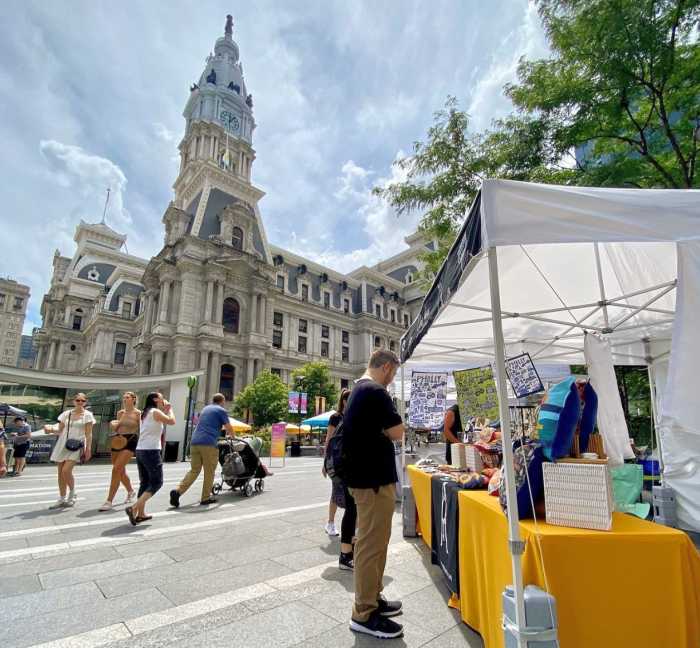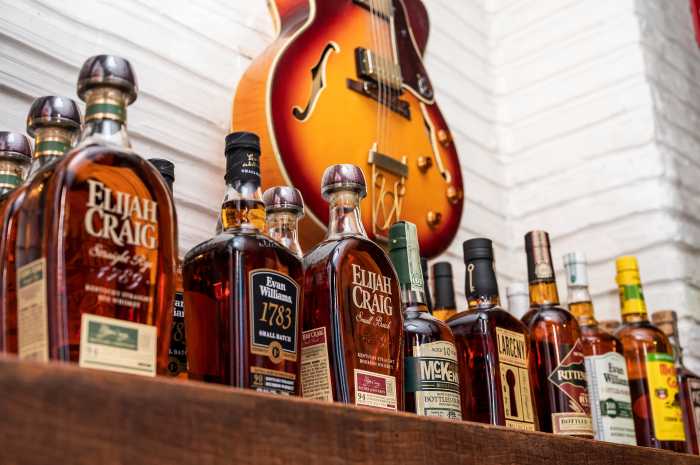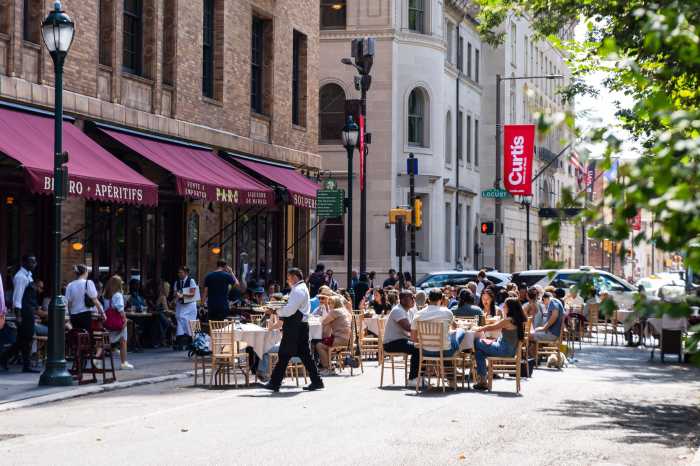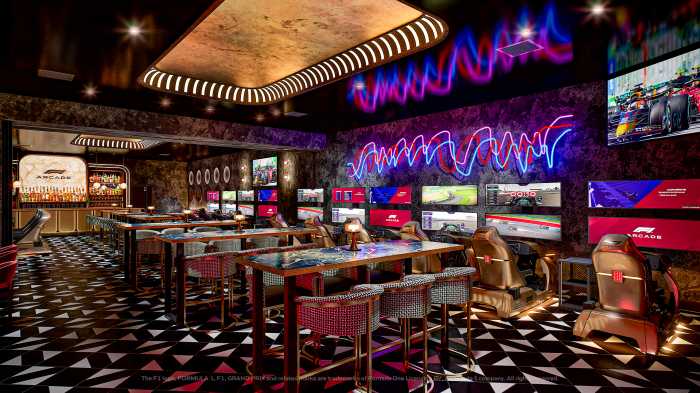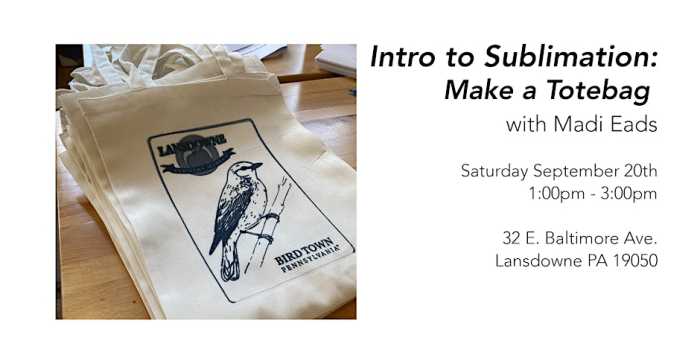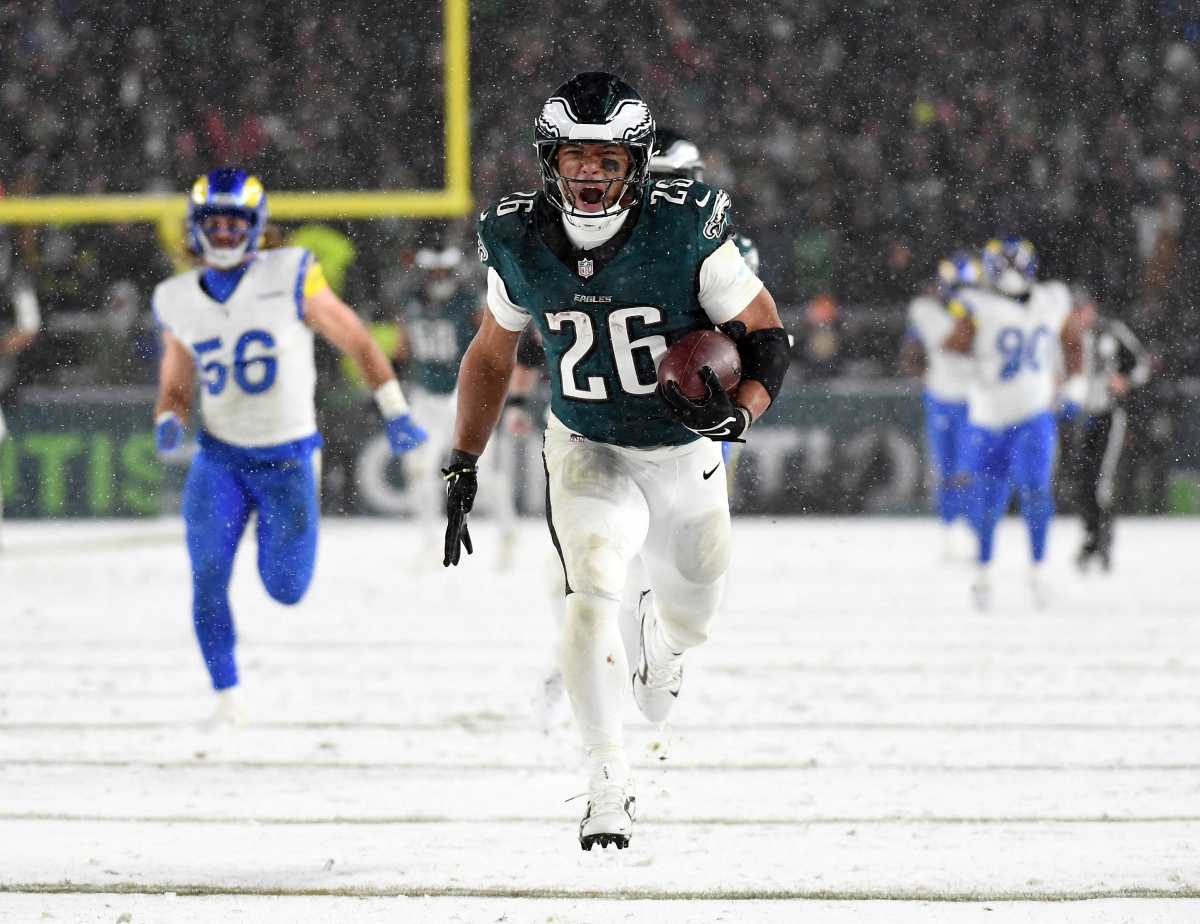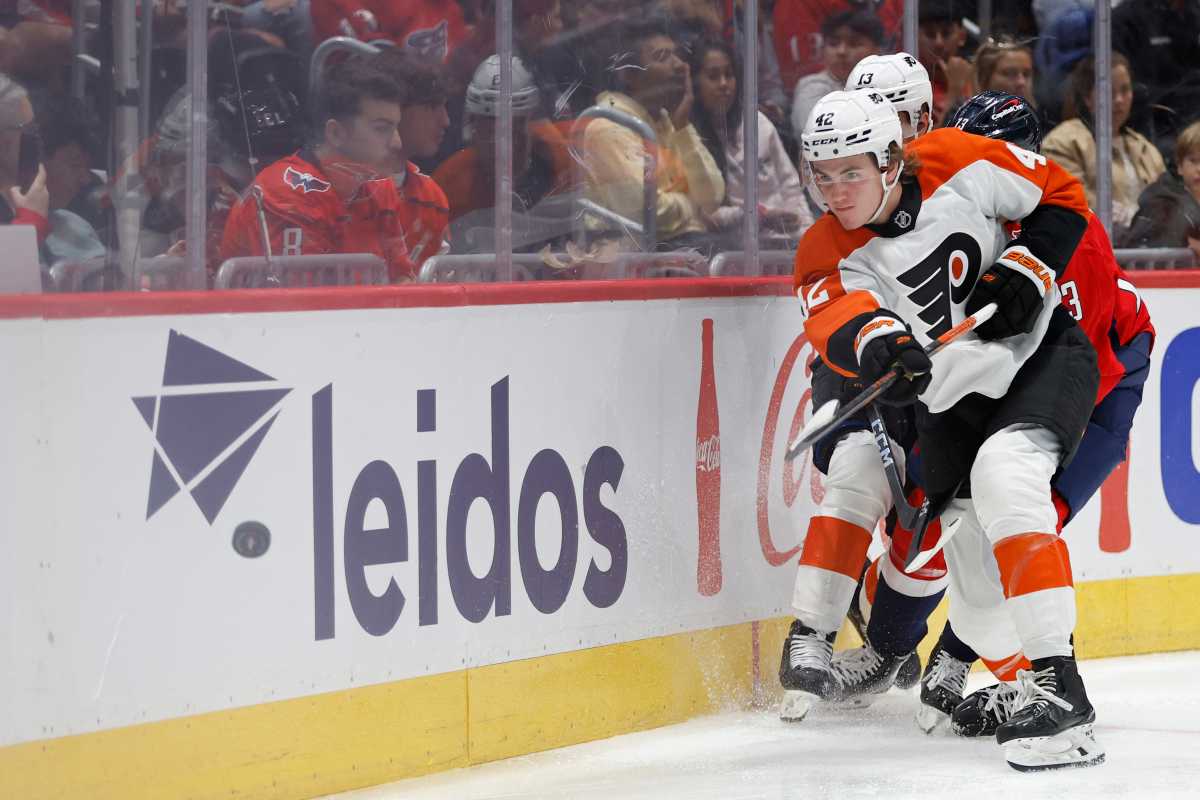City Council is poised to hold a final vote Thursday on legislation approving the 76ers’ plan to build a $1.3 billion Center City arena, despite fierce opposition from community leaders and activists from Chinatown and elsewhere.
Barring a shock development, the 11 arena bills up for consideration are expected to pass. The Committee of the Whole, which includes all Council members, granted preliminary support in a 12-4 tally Dec. 12.
Coalitions fighting the project have urged people to pack Council chambers for Thursday’s vote. One such organization, the No Arena in Chinatown Solidarity Group, warned lawmakers that their legacies are on the line.
“They have one last chance to do the right thing,” the group posted Monday on Instagram. “We’ll remember how they vote – and they will be held accountable as our movement continues to fight. We’re just getting started.”
Construction-related labor unions that have been advocating for the project are also sure to be keeping score.
Council leaders called for a special meeting Dec. 19, delaying the start of the body’s winter break, in order to consider the arena legislation.
Harris Blitzer Sports & Entertainment, which owns the 76ers, has said getting Council approval before the end of the year is crucial for the project to remain on schedule. The team wants to begin demolition in 2026 and open the new venue in time for the 2031-32 NBA season, when the franchise’s lease expires at the Wells Fargo Center.
Legislation surrounding the arena, known for now as 76 Place at Market East, was introduced in October, and Council subsequently held days of hearings on the project. Previous scheduled votes to advance the bills out of committee were postponed as negotiations with the team continued.
An apparent sticking point was the value of the community benefits agreement, a payment from the team designed to offset 76 Place’s potential negative impacts. The money would be appropriated over the arena’s six-year construction and anticipated 30-year operation.
HBSE officials, at first, said they were unwilling to move above $50 million, an amount the team had publicly offered before it was incorporated into a deal with Mayor Cherelle Parker’s administration.
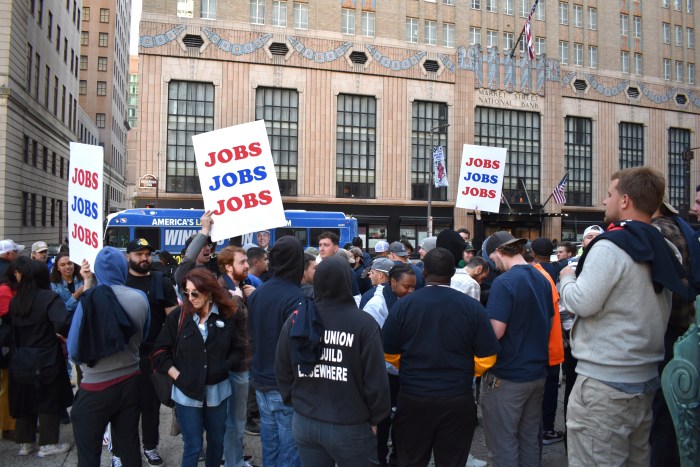
As late as Dec. 11, lawmakers were pushing for $100 million; however, a day later, Council President Kenyatta Johnson put the bills up for preliminary approval with a CBA worth $60 million.
Just over half of the total – $33 million – is allocated to initiatives in Chinatown and other adjacent neighborhoods, while the remainder is dedicated to city-wide programming.
Critics, including some Council members who voted against the legislative package, argued that the CBA does not have enough protections for Chinatown. Several line items, such as funding for a Chinatown land trust and a grant program for the area’s longstanding businesses, were significantly cut.
Parker, as part of 76 Place talks, committed $20 million to affordable housing initiatives in Chinatown, although specifics about the source of that money and how it will be used have not been released.
The 18,500-seat arena would replace a section of the current Fashion District mall bounded by Market, Filbert, 10th and 11th streets.
Unlike prior professional sports venues, the 76ers are not requesting a direct municipal government subsidy, though HBSE officials have signaled they are open to state and federal funding.
Team owners have agreed to pay an average of $6 million a year in lieu of property and use and occupancy taxes. Similar arrangements exist with other sports franchises, but anti-arena activists have noted that the deal allows the 76ers to effectively reduce their tax burden.



